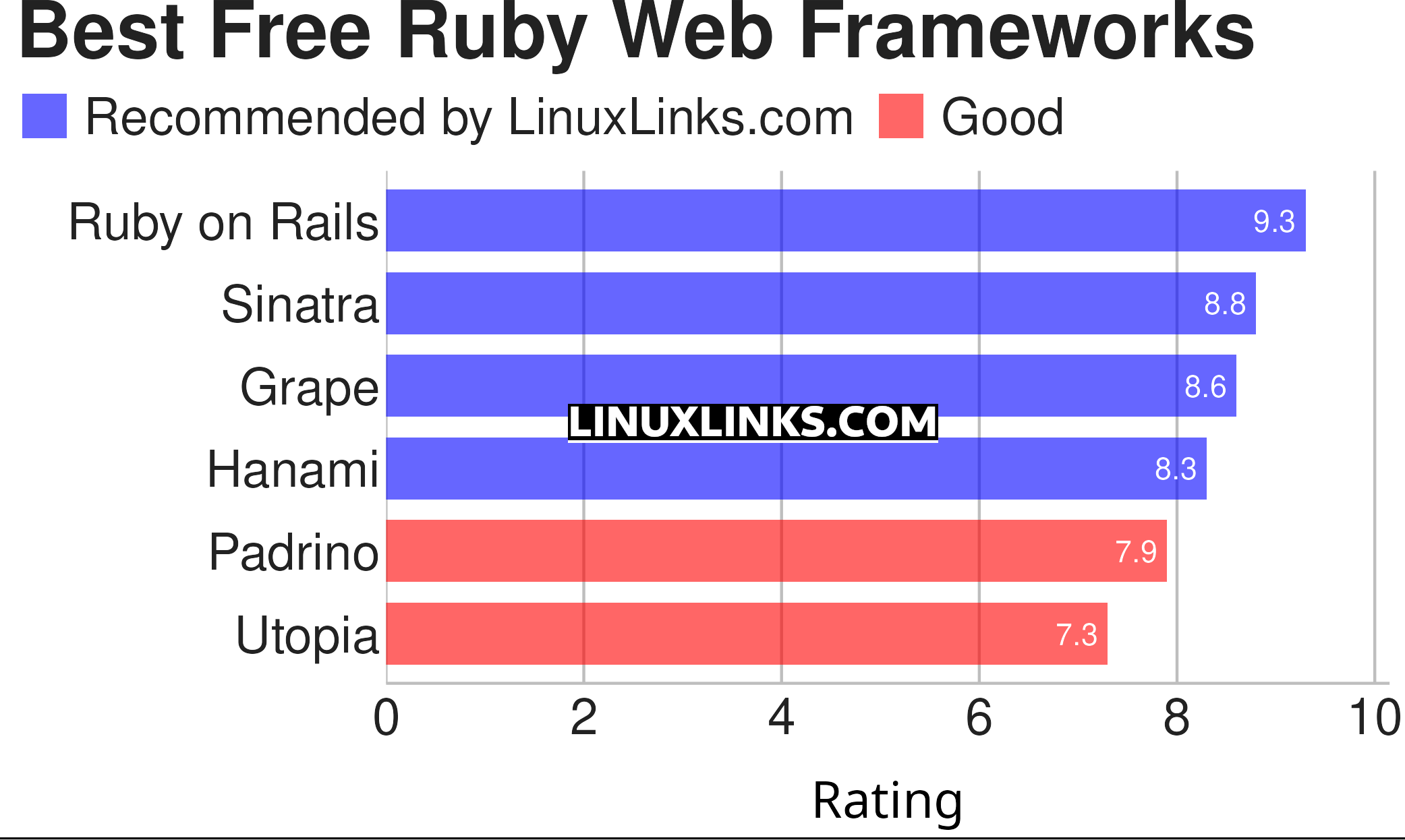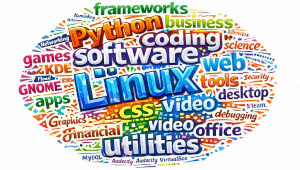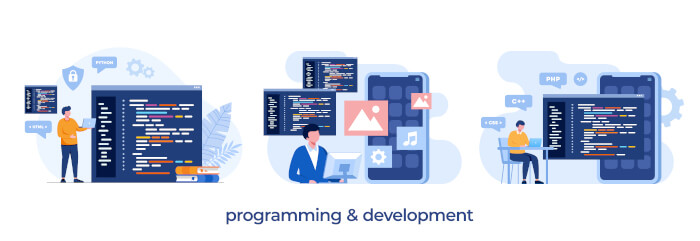One of the types of software that’s important for a web developer is the web framework. A framework “is a code library that makes a developer’s life easier when building reliable, scalable, and maintainable web applications” by providing reusable code or extensions for common operations. By saving development time, developers can concentrate on application logic rather than mundane elements.
A web framework offers the developer a choice about how to solve a specific problem. By using a framework, a developer lets the framework control portions of their application. While it’s perfectly possible to code a web application without using a framework, it’s more practical to use one.
Ruby is a general purpose, scripting, structured, flexible, fully object-oriented programming language with a focus on simplicity and productivity. Ruby is a very conservative language. It’s equipped with very carefully chosen features that have been fully tested.
When it comes to web development, there are a fairly small range of Ruby frameworks to choose. The choice depends on finding the right tool for the job at hand. Here’s our pick of the finest Ruby web frameworks.

Let’s explore the 6 Ruby web frameworks. For each program we have compiled its own portal page, a full description with an in-depth analysis of its features, together with links to relevant resources.
| Ruby Web Frameworks | |
|---|---|
| Ruby on Rails | Full-stack web framework in Ruby for writing real-world applications |
| Sinatra | DSL for quickly creating web applications in Ruby with minimal effort |
| Grape | REST-like API framework for Ruby |
| Hanami | Full-stack Ruby web framework |
| Padrino | Full-stack ruby framework built upon Sinatra |
| Utopia | Website generation framework |
This article has been revamped in line with our recent announcement.
 Read our complete collection of recommended free and open source software. Our curated compilation covers all categories of software. Read our complete collection of recommended free and open source software. Our curated compilation covers all categories of software. Spotted a useful open source Linux program not covered on our site? Please let us know by completing this form. The software collection forms part of our series of informative articles for Linux enthusiasts. There are hundreds of in-depth reviews, open source alternatives to proprietary software from large corporations like Google, Microsoft, Apple, Adobe, IBM, Cisco, Oracle, and Autodesk. There are also fun things to try, hardware, free programming books and tutorials, and much more. |


How about Hanami, Grape and Rack?